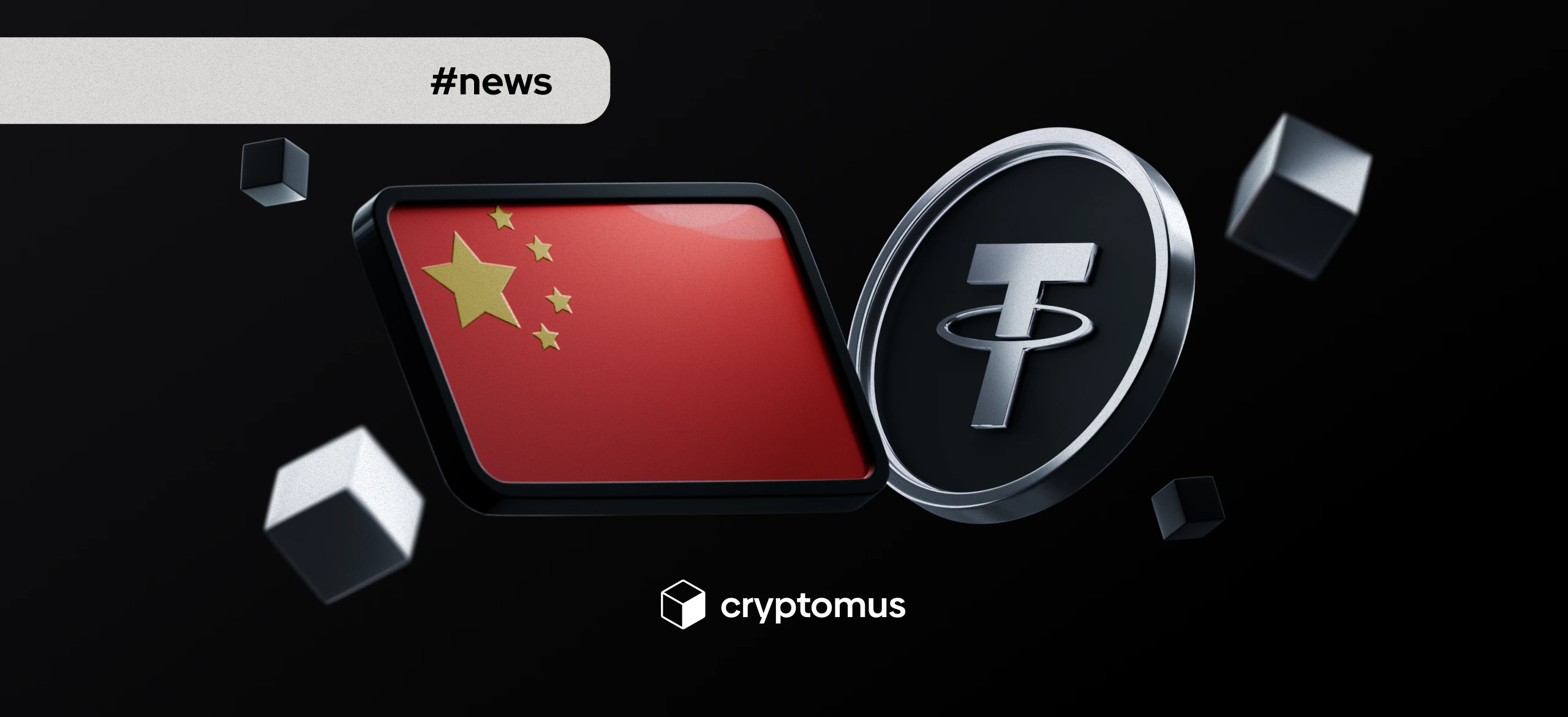
China’s Stablecoin Strategy Criticized by Former PBOC Chief
Table of Contents
China’s stance on stablecoins is facing increased scrutiny as discussions grow over their effects on the country’s financial system. Former People’s Bank of China Governor Zhou Xiaochuan has voiced concerns about the risks these digital assets may bring.
While some policy advisers support yuan-pegged stablecoins to compete with the U.S. dollar, Zhou cautions that widespread use could threaten financial stability instead of strengthening it. His comments reflect a wider tension in global finance, where innovation meets caution.
Zhou Highlights Financial Risks of Stablecoins
Zhou Xiaochuan questioned whether China needs stablecoins. In a recent private meeting in Beijing, he said their benefits, like faster payments and more financial access, could be overstated. China’s current systems, including Alipay, WeChat Pay, and the digital yuan, already work well and cheaply, leaving little room for stablecoins.
He added that stablecoins could be used for fraud or speculation. Even with rules in the U.S., Hong Kong, and Singapore, big financial problems could still happen. Wider use could also make it harder for Beijing to manage capital controls.
These remarks come as China explores yuan-backed stablecoins. While some see them as a challenge to the U.S. dollar, Zhou’s comments remind policymakers that financial innovation carries risks, especially for national monetary control.
Global Stablecoin Market Experiences Rapid Growth
As China plans new rules, the stablecoin market is expanding fast. Milk Road reports it grew from $130 billion in January 2024 to $270 billion by mid-2025. If this trend continues, stablecoins could reach $1.8 trillion by 2028 and become a key part of crypto.
This growth comes from more retail users, bigger involvement from institutions, and cross-border transactions. Stablecoins let investors access blockchain assets without the usual ups and downs of other cryptocurrencies. Analysts say their rise shows how decentralized finance is linking more closely with traditional finance.
Some supporters say stablecoins could make U.S. payment systems faster and simpler for international transactions. But Zhou’s warnings show that efficiency is not enough, and regulation and stability are still essential.
Implications for China’s Financial Strategy
According to Zhou, Beijing faces a central dilemma: encouraging innovation without losing control. Yuan-backed stablecoins could expand China’s role in the international financial system. However, he warns that the potential for speculation, fraud, and reduced capital oversight cannot be overlooked.
Policymakers need to find a balance between new technologies and financial security. Other countries show that rapid adoption without strong oversight can harm markets and reduce trust. China’s careful approach seems aimed at protecting its financial system rather than just resisting global trends.
The discussion also raises broader economic issues. As digital currencies grow, banks may need to adapt, and consumers may prefer faster, cross-border payments. China’s caution may slow adoption at first but shows a focus on long-term stability over short-term gains.
What Does It Mean?
China’s discussion on stablecoins shows how to balance new technology with rules. Zhou Xiaochuan warns that financial stability is still essential, despite rapid changes. While stablecoins are becoming popular worldwide, China focuses on careful and safe growth. Policymakers will need to keep this in mind when evaluating yuan-backed digital assets.
Simplify Your Crypto Journey
Want to store, send, accept, stake, or trade cryptocurrencies? With Cryptomus it's all possible — sign up and manage your cryptocurrency funds with our handy tools.
Get Started









